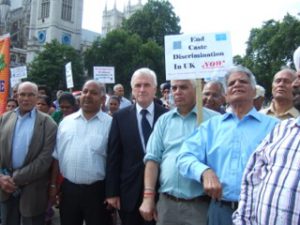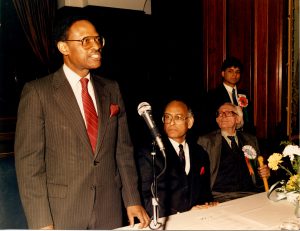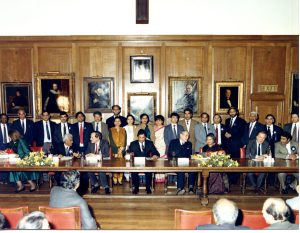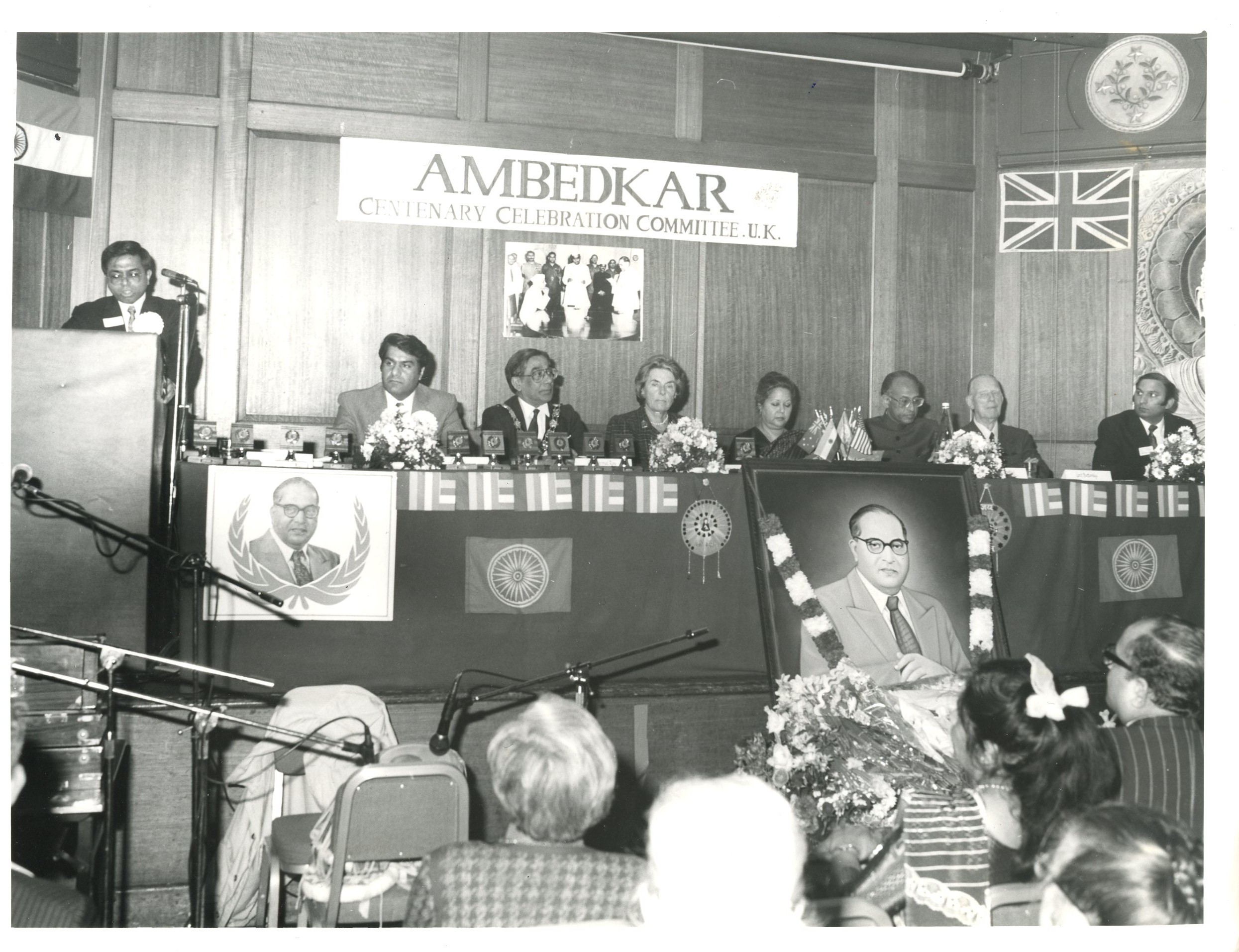Dr. Ambedkar has been often known as a politician, an economist, a jurist and a social activist, all well earned descriptions and endearments. However, the subject that interests me the most and where I believe his role needs to be curiously studied is his role as a political theorist. His concerns for the sociological, legal and political I believe stem from his concerns with the philosophical. While he was closely associated with the expression in the realm of the political due to his activism and constant engagement with the civil society, he was also thoroughly invested in interrogating the philosophical and theoretical standpoints and arguments behind this political expression.
One may wonder why I’m reading his role as a philosopher when neither did he study philosophy institutionally nor did he write books specifically labeled as such and to this I respond – isn’t that the beauty of philosophy, that its pursuit neither need be institutional nor merely textual – this lose, interspersed character of lived experience and active engagement is in itself the greatest philosophical pursuit.
And I believe Dr. Ambedkar’s first and foremost contribution lies in this radical restructuring of the pursuit of philosophy – by making it feasible, integrative and accessible. He was an organic intellectual who visualized the suffering of his own people as endangering their philosophical potential and rallied against their oppression. This leads us directly into the realm of the second point – on the hold of philosophical texts.
 Dr. Ambedkar was extremely conscious about the hold of grandiose and flamboyant philosophical traditions such as Brahmanism which tried to capture the imagination of not just the oppressed but also the oppressors. However, he was also crisp in analyzing the weakpoints of those traditions that had withstood centuries and upon a careful comprehension of their oppressive disguise, he not only challenged their normative stances but also vociferously boycotted their prescriptions.
Dr. Ambedkar was extremely conscious about the hold of grandiose and flamboyant philosophical traditions such as Brahmanism which tried to capture the imagination of not just the oppressed but also the oppressors. However, he was also crisp in analyzing the weakpoints of those traditions that had withstood centuries and upon a careful comprehension of their oppressive disguise, he not only challenged their normative stances but also vociferously boycotted their prescriptions.
Dr. Ambedkar encouraged a critical methodology to be followed for subverting the authority of the most sacred texts some of which he publicly burned in front of the very men and women to whom these books were philosophically dishonest. Not only this, he encouraged a critical reading even of those texts in which he found respite, such as Buddhism which not only exposed the sanctity and truth of dominant texts but also provided alternatives, as many theorists have pointed before..
 Apart from embodying the spirit of a lived philosophy and critical methodology, the third point that I wish to highlight is that Dr. Ambedkar‘s philosophy captured many debates fundamental to human life – one can glean insights on epistemic injustices, conscious selfhood and social restructuring. His debates one equality, justice and liberty need no introduction.
Apart from embodying the spirit of a lived philosophy and critical methodology, the third point that I wish to highlight is that Dr. Ambedkar‘s philosophy captured many debates fundamental to human life – one can glean insights on epistemic injustices, conscious selfhood and social restructuring. His debates one equality, justice and liberty need no introduction.
He mentioned and I quote, “Liberty cannot be divorced from equality, equality cannot be divorced from fraternity. Without equality, liberty would produce the supremacy of the few over the many. Equality without liberty would kill individual initiative. Without fraternity, liberty would produce the supremacy of few over many. However, why I mentioned this quote here is particularly to make the next point – on his notion of conscious selfhood.
Ambedkar’s understanding of self and agency were not the liberal individualist conception of self but one that is conscious that its situated with other individuals, those whom it must not deny the same agency and selfhood. It was a morally thick conception of selfhood which was conscious of its standpoint as well as signified an enormous potential for agitation both against oneself as well as social malice. He regarded for such enlightened selves is also summed up beautifully in his “educate, agitate, organize” slogan which in many ways provides a summary of his philosophical perspective – a critical educated methodology, a conscious selfhood and a transformative potential”


Simple Rajrah
Simple is a MPhil student in Political Theory at the Department of Politics and International Relations, University of Oxford supported by the prestigious Lady Meherbai Tatatrusts scholarship for women. She was also on a full tuition scholarship for two certificate courses from Kings College London and was working as a research consultant at the Centre for Equity studies as a Sahapedia UNESCO fellow.





![Powerful Pride documentary Legendary Children [All Of Them Queer] streaming very soon](https://globalindianstories.org/wp-content/uploads/2025/06/Legendary-streaming-release-featured-100x75.jpg)

